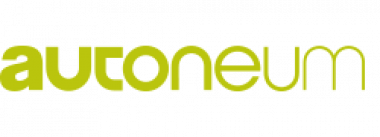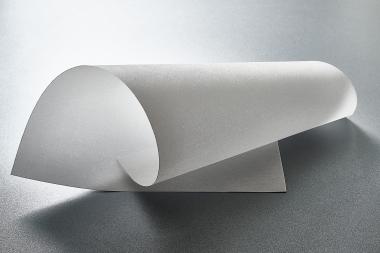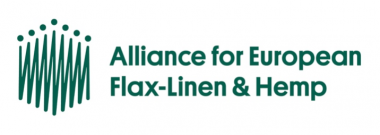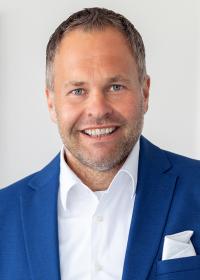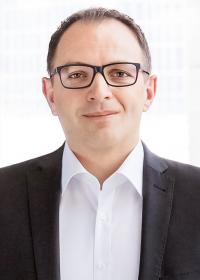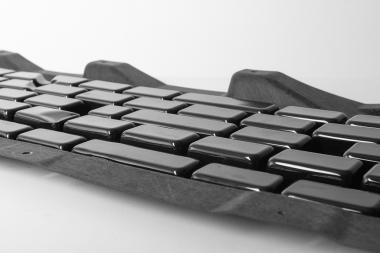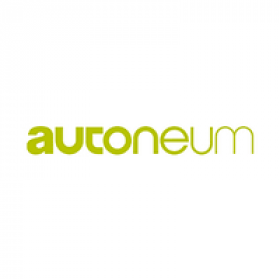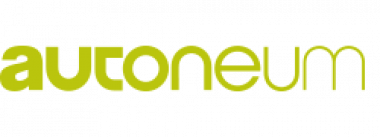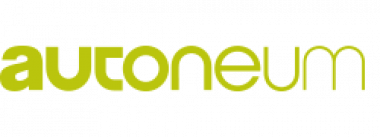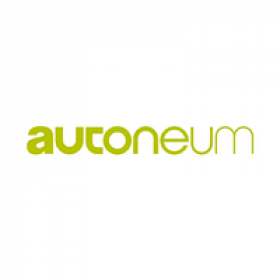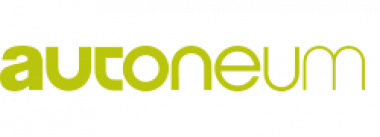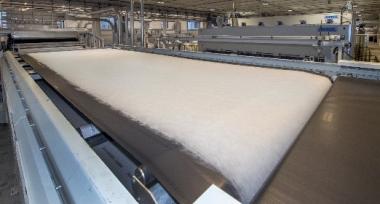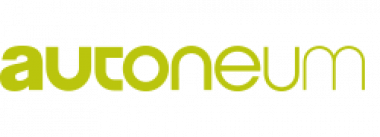Autoneum: Two new plants in China and India
- Autoneum is expanding its production capacities in Asia with two new plants in Changchun in the Chinese province of Jilin and Pune in Western India.
The world's largest automotive market Asia is one of the most important sales regions for vehicle manufacturers and suppliers as well as a pioneer for new forms of e-mobility. Autoneum already supplies both international and local vehicle manufacturers in Asia with multifunctional lightweight components for noise and heat protection, supporting them in their commitment to sustainable mobility. Autoneum is expanding its production capacities in the key automotive hubs of China and India to increase its presence and thus its proximity to customers in these important production centers.
Autoneum’s new plant in China, which will be operated as a joint venture, will be located in Changchun in the northern Chinese Jilin province, which is one of Asia’s largest car production centers. The proximity to key local and international vehicle manufacturers makes Changchun a strategically important and attractive location for Autoneum. The plant will help to increase market share with European, Japanese and Chinese car manufacturers with products for light vehicles and also support the expansion of the Company’s business with components for commercial vehicles in this region. The project is supported by the local authorities in China. From the end of 2024, the plant will ramp up production with first samples for already awarded business for inner dashes, interior floor insulators and other NVH (noise, vibration, harshness) components for cars of all drive types.
Autoneum is furthermore expanding its local presence in Western India with a fully owned production facility in Pune in the state of Maharashtra. The Company already operates two locations in India: one in Behror near New Delhi in the north and a joint venture plant in Chennai in the south. Thanks to the new Pune plant, Autoneum will now be present in the north, west and south of the country and gain access to the third of four major automobile production centers in India. Orders have already been received and the plant in Pune will start manufacturing carpet systems, interior trim, wheelhouse outer liners, e-motor covers and other noise protection components as of the second quarter of 2024. From the 7 500 square meter building, Autoneum will supply international as well as local car manufacturers with a particular focus on Indian and Korean vehicle manufacturers.
Autoneum Management AG


